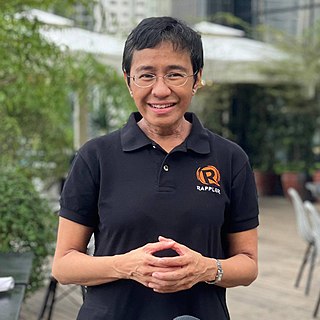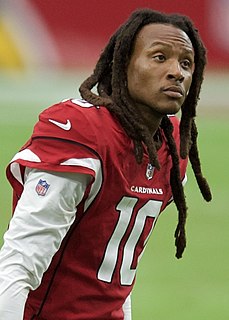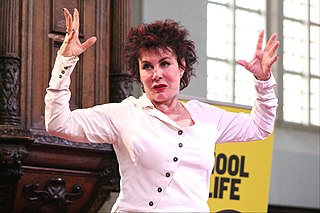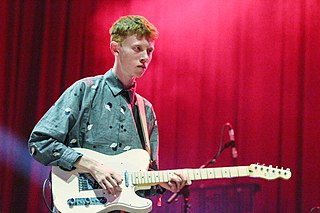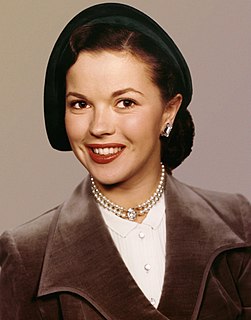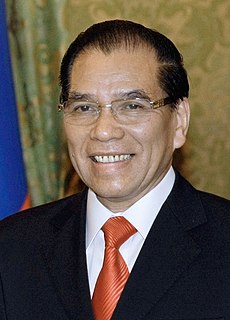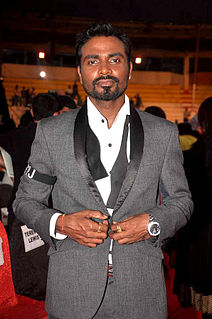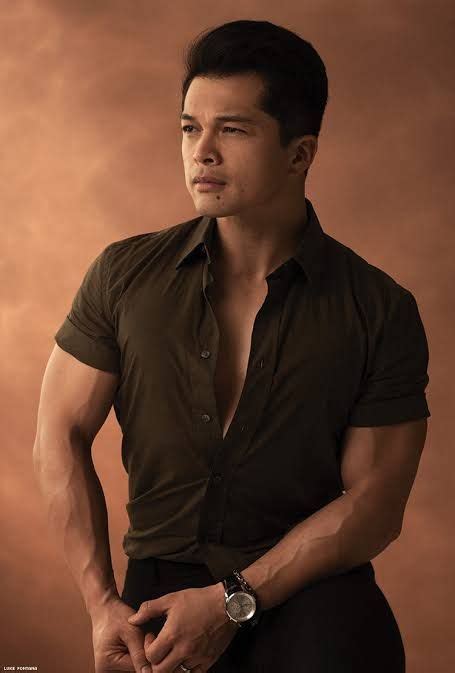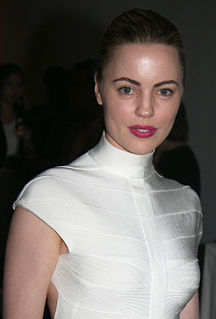A Quote by Maria Ressa
After I got arrested the Filipino government unshackled me. I knew first-hand how they violated my rights and I could speak about that from experience.
Related Quotes
I've told the kids in the ghettos that violence won't solve their problems, but then they ask me, and rightly so; "Why does the government use massive doses of violence to bring about the change it wants in the world?" After this I knew that I could no longer speak against the violence in the ghettos without also speaking against the violence of my government.
But Jude,' she would say, 'you knew me. All those days and years, Jude, you knew me. My ways and my hands and how my stomach folded and how we tried to get Mickey to nurse and how about that time when the landlord said...but you said...and I cried, Jude. You knew me and had listened to the things I said in the night, and heard me in the bathroom and laughed at my raggedy girdle and I laughed too because I knew you too, Jude. So how could you leave me when you knew me?
At this rate, I'd be lucky if I wrote a page a day. Then I knew what the problem was. I needed experience. How could I write about life when I'd never had a love affair or a baby or even seen anybody die? A girl I knew had just won a prize for a short story about her adventures among the pygmies in Africa. How could I compete with that sort of thing?
When I realized I could write lyrics and let someone that I knew listen to them, but not know that the song was about them - say it was a girl. I could write this song about how I feel about this girl, I could play it to them. I just loved it, because all of the words would speak to them. I could see them slowly falling in love with me.
I was 14-15 when I first saw Michael Jackson dance, and I thought, 'How can he move like that?' I started following him. We didn't have TV in those days, and could access videos on VCR. But who in Gujarat would keep a MJ tape? After a year or so, I knew somebody from Mumbai who got that tape for me.
I was raised in a dominantly Filipino family. I didn't know I was 'mixed' until I got older and started asking questions about my grandparents, the origins of our middle and last names. We were kind of textbook Pinoys. A lot of the Filipino stereotypes that were joked about by me and my friends rang very true with my family.
There's this big debate that goes on in America about what rights are: Civil rights, human rights, what they are? it's an artificial debate. Because everybody has rights. Everybody has rights - I don't care who you are, what you do, where you come from, how you were born, what your race or creed or color is. You have rights. Everybody's got rights.
In talking about human rights today, we are referring primarily to the following demands: protection of the individual against arbitrary infringement by other individuals or by the government; the right to work and to adequate earnings from work; freedom of discussion and teaching; adequate participation of the individual in the formation of his government. These human rights are nowadays recognised theoretically, although, by abundant use of formalistic, legal manoeuvres, they are being violated to a much greater extent than even a generation ago.
